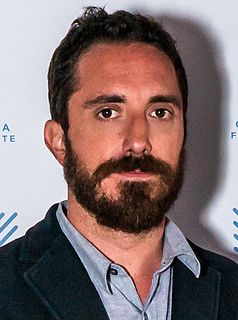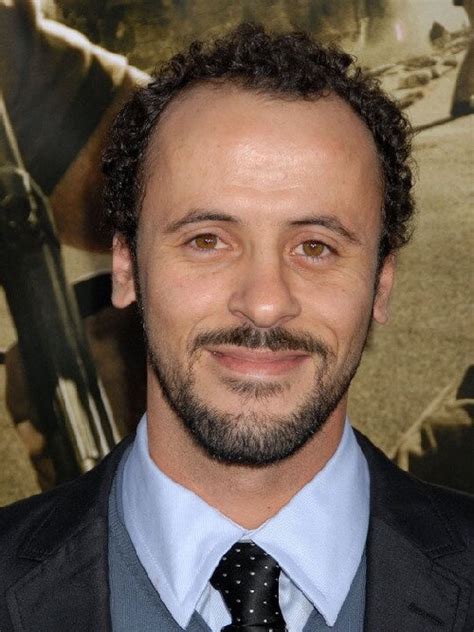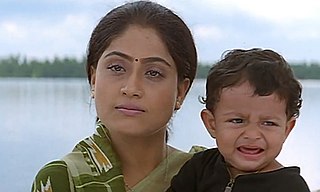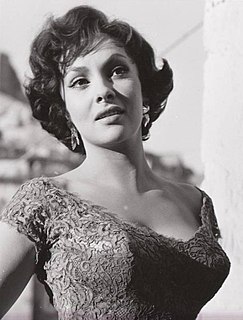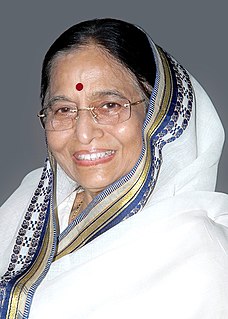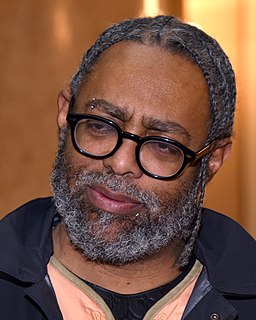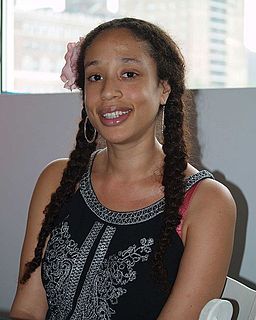A Quote by Gian Maria Volonte
The definition of political cinema is one I don't agree with, because every film, every show, is typically political in nature. Political cinema is simply the brainchild of bad journalists.
Related Quotes
I hate political films that have one particular message that they're trying to convey. I think propaganda is very dangerous, and it's very easy for anything to slip into it. I also think that propaganda is something that defies the identity of cinema. I hate propaganda in cinema, even if it was promoting the political stance that I myself am allied with. I always say that the responsibility of a film is first and foremost: To be a film. It's not a manifesto, it's not an op-ed.
I have always had a deep belief that every movie, every artistic expression, is political. Don't be fooled. Even ones that we wouldn't consider overtly political are political. When we spend time doing anything, whether it's distraction or whether it's something that we have to face, it is always political. That's my belief.
With an abusive political relationship, with a political party that's throwing you under the bus, sister, I'm sorry to say but you don't have a future in this political party. You know, what they did to Bernie Sanders is what they have done to every progressive candidate and every real progressive movement within the party. They allow it to show its face and then they use the kill switch.
Three Days of the Condor is still an interesting film to watch not because it's political. It happens to be political. But that's not why the sales of the DVDs are as high as they are. It's because it's an entertaining thriller. In my opinion, Tootsie is a very political movie but truck drivers can go and laugh at it.
Erasmus dramatizes a well-established political position: that of the fool who claims license to criticize all and sundry without reprisal, since his madness defines him as not fully a person and therefore not a political being with political desires and ambitions. The Praise of Folly, therefore sketches the possibility of a position for the critic of the scene of political rivalry, a position not simply impartial between the rivals but also, by self-definition, off the stage of rivalry altogether.
There are people with an explicit political bent complaining about people having political agendas while nominating stories with political agendas. Is it political to try to be diverse? Is it political to try to imagine a non-heteronormative society? Yes, because it involves politics. But how do they expect us to not write about our lives?


